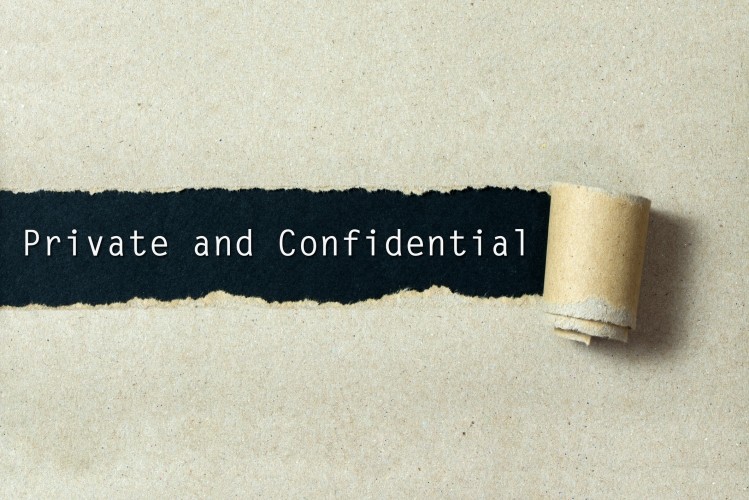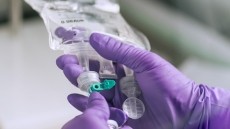FDA, EMA agree to share confidential info to further mutual recognition

The US Food and Drug Administration (FDA), Directorate-General for Health and Food Safety (DG SANTE) and European Medicines Agency (EMA) signed a confidentiality commitment, which allows the FDA to share trade secret information (TSI) and other nonpublic drug information related to inspections or investigations.
“This commitment will strengthen the use of each other’s drug inspection findings and will result in greater efficiencies for both regulatory systems,” the FDA told us in a statement.
“By utilizing each other’s complete, unredacted inspection reports, the commitment will help the FDA and the EU to reallocate resources for the inspection of drug manufacturing facilities, with potentially higher public health risks, outside of the US and the EU.”
Addressing the mutual recognition agreement at the DIA Annual Meeting earlier this year, Dara Corrigan, JD, acting deputy commissioner for global regulatory operations and policy, FDA said the agreement means the agency “can allocate scarce resources to areas of higher risk.”
“In the last few years we’ve done an average of 40 to 43% of inspections in the EU,” she explained. “[The agreement] is a significant step in our relationship with the EU.”
A template for confidentiality
The confidentiality commitment is the most recent step in the implementation of the mutual recognition agreement, which was announced in March of this year following years of collaboration.
Confidentiality arrangements between the US and EU have been in place since 2003; however, according to the EMA, the agreements didn’t allow confidential information exchange.
“The new confidentiality commitment formally recognises that FDA's EU counterparts have the authority and demonstrated ability to protect the relevant information,” the EMA commented in a release published today.
Before the FDA can share unredacted inspection reports with EU country inspectorates, the agency must sign a similar Confidentiality Commitment with each EU country, an FDA spokesperson told us.
“Using the Confidentiality Commitment between the FDA, DG SANTE and the EMA as a template, the FDA anticipates that we will be able to expeditiously finalize commitments with each EU country,” the agency explained.
Mutual recognition for GCP?
Anabela Marcal, PharmD, head of compliance and inspections department, EMA, noted that the agencies “do rely a lot on each other,” as it pertains to good clinical practice (GCP) – though they have different legal and regulatory frameworks.
“GMP was easier to agree on,” she explained, adding, “[GCP] is something that we are probably in the future working towards.”
“But because we don’t have mutual [GCP] reliance doesn’t mean we don’t rely on each other,” Marcal said. “[We are] very happy to be where we are.”













